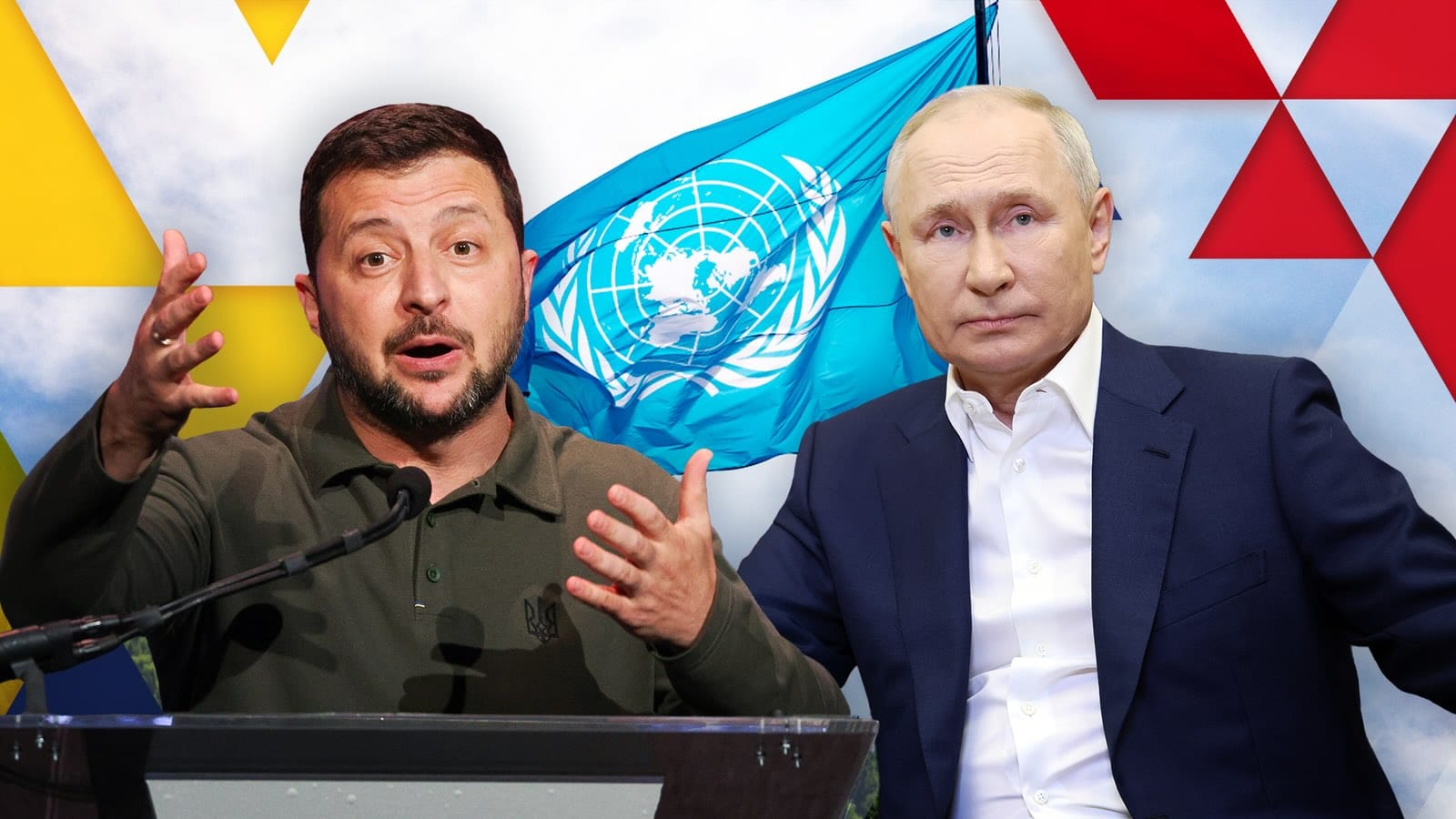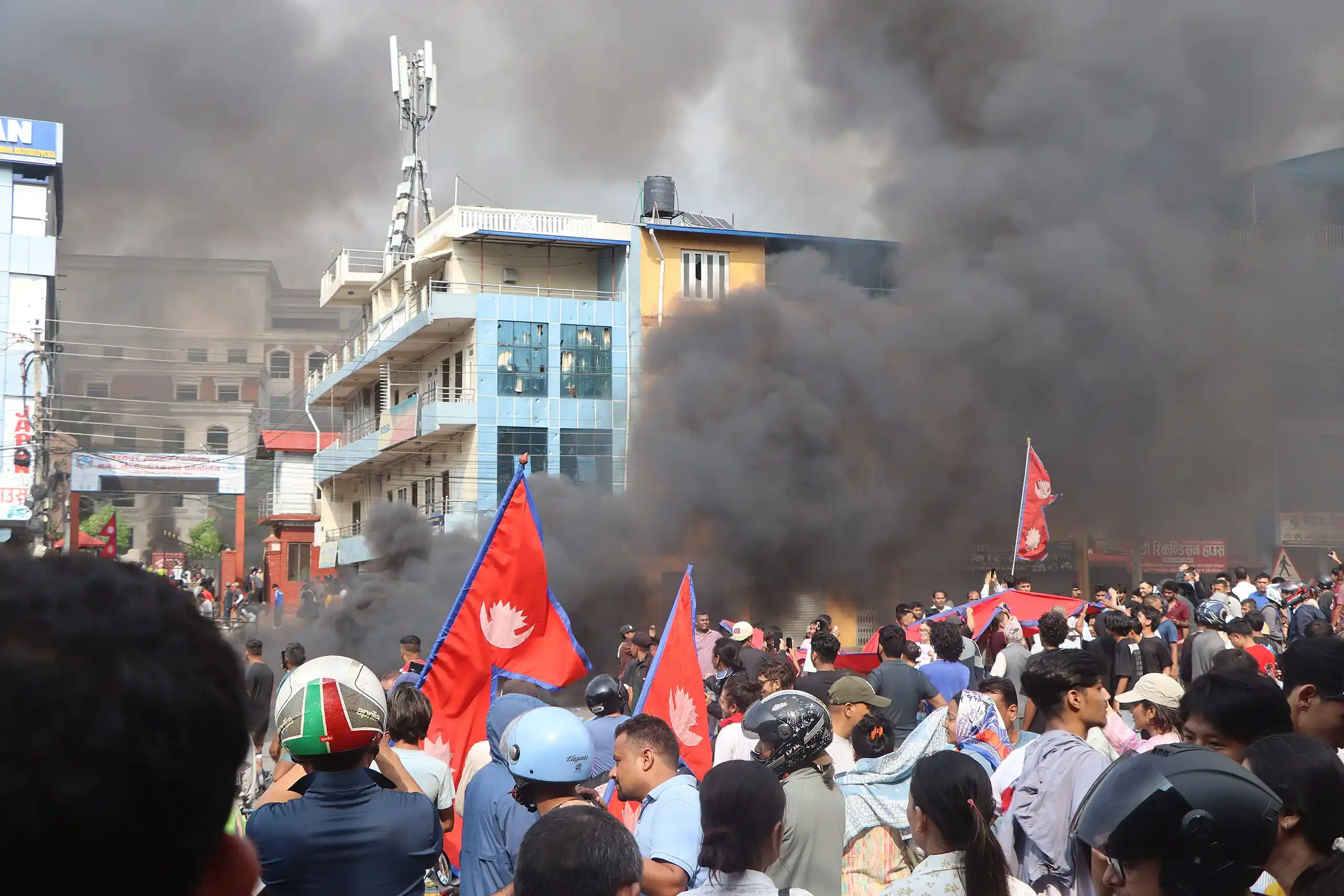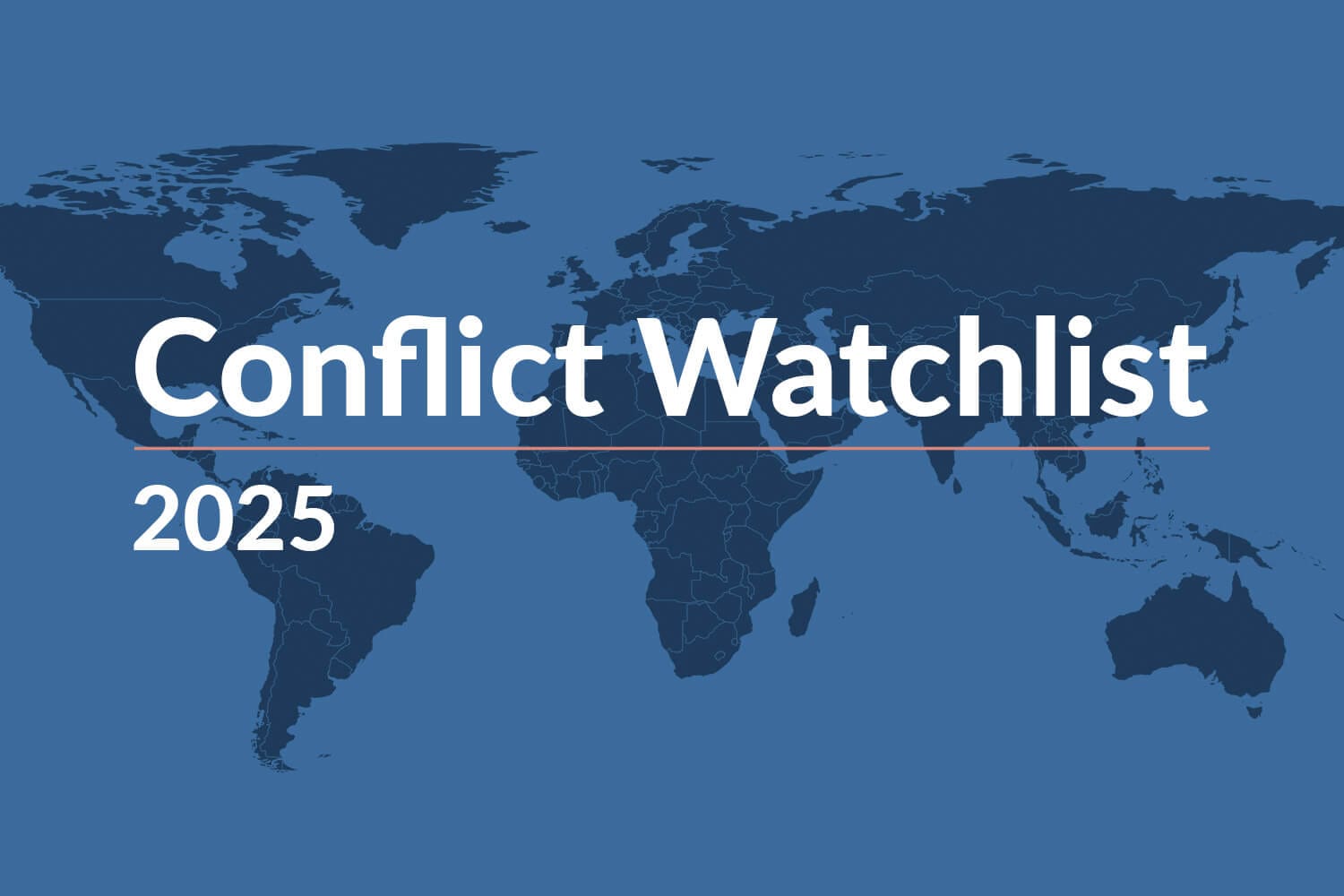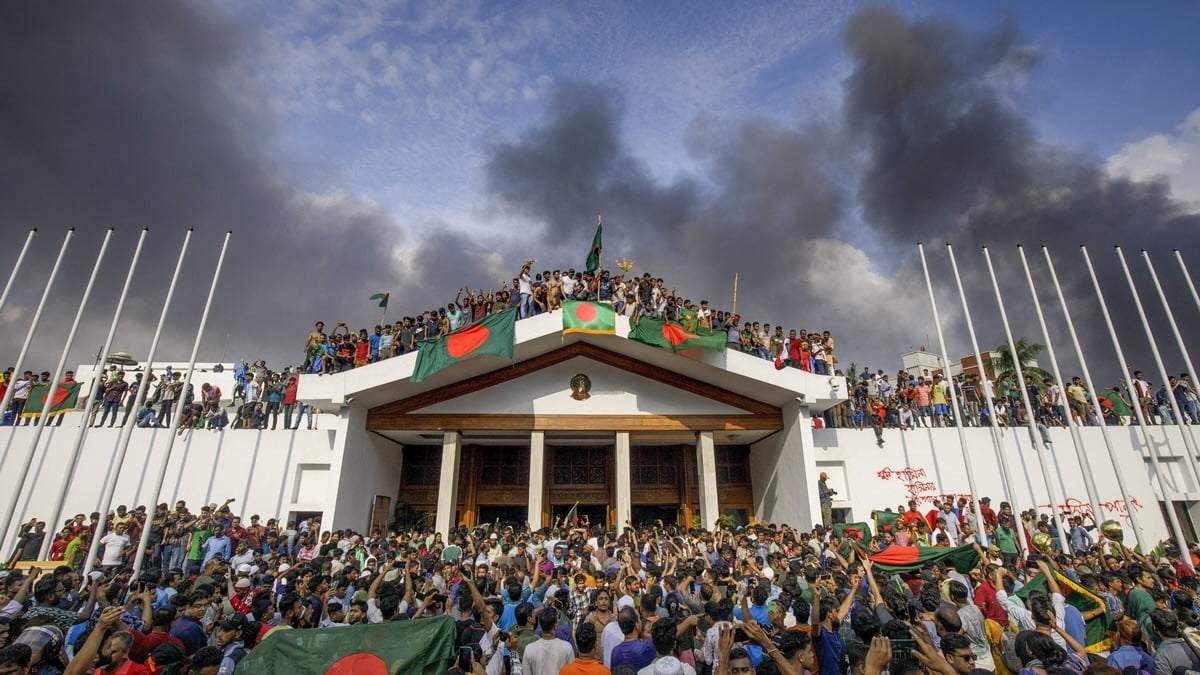The United Nations (UN), formed in 1945 with the lofty goal of averting world conflict and encouraging international cooperation, has been a beacon of hope and multilateralism. Over the years, the UN has shifted its focus from simple state mediation to complicated peacekeeping, peace enforcement, conflict prevention, and post-war reconstruction. Its methodologies were mostly inter-positional during the Cold War. As crises became increasingly complicated, especially after the disintegration of the Soviet Union, international warfare (direct war) was replaced by a rise in domestic civil wars, ethnic conflicts, and political tensions among powerful states.
To adapt, United Nations set out multifaceted agenda that included institution-building, peace & security, political mediation and humanitarian aid. However, the UN’s ability to act decisively has been called into question.
Significant Failures during Recent Conflicts
Israel and Hamas Conflict (Israel and Palestine)
References
- UN chief criticizes divided Security Council for failure of leadership (AP News, September 2024)
- UN Resolution 1701 as cornerstone for Israel-Hezbollah truce (Reuters, November 2024)
- UN General Assembly resolution against Israeli occupation (The Guardian, September 2024)
- Congo’s MONUSCO challenges amid mineral conflicts (Reuters, October 2024)
- Scholarly research by Virginia Page Fortna and Paul Kennedy on UN peacekeeping effectiveness
- Overview of UN Peacekeeping Outcomes
All the views and opinions expressed are those of the author. Image Credit – Sky News.
About the Author
Jaiee Ashtekar holds a bachelor’s degree and a master’s degree in political science from the University of Mumbai. She holds a post-graduate diploma in international relations from the University of Strathclyde, United Kingdom (UK). She has done projects titled “Kashmir through Political Perception” and “Water issues between India and Pakistan.”



